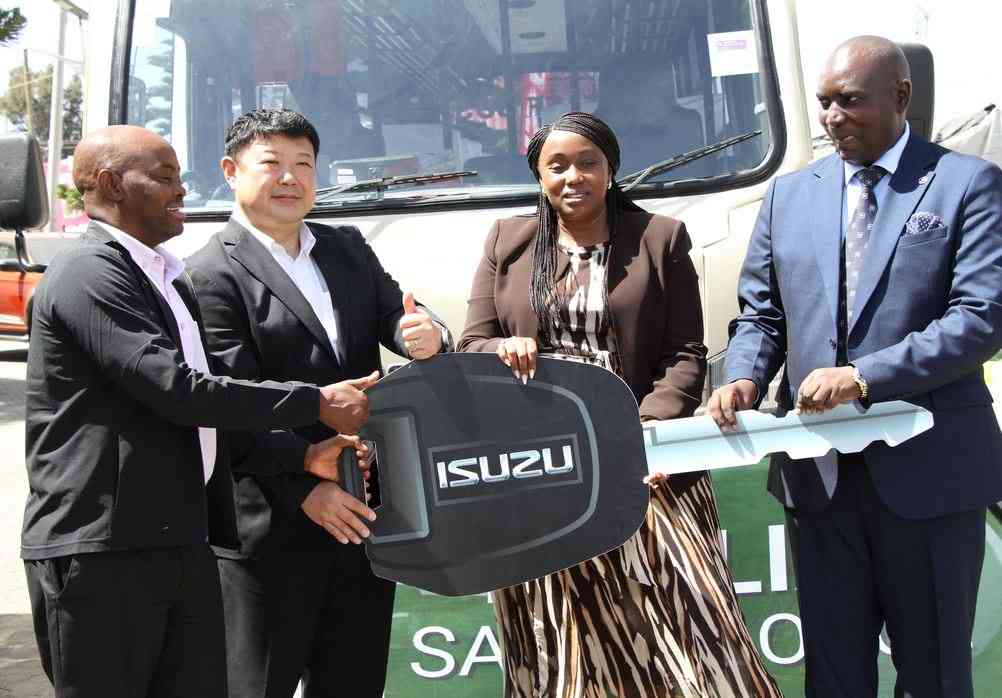We launched the School of Law Chapter of the University of Nairobi Alumni Association on Thursday at the University Towers. This return to the Fountain of Knowledge was the kind of homecoming that you don’t want to be told about. It was what, as students of Latin in undergraduate years, we used to call sui generis — an assembly that few African universities experience.
The country’s legal fraternity was around in full force, from the Bar and the Bench. The lead celebrant was Chief Justice and President of the Supreme Court, Justice David Maraga. The gathering blended light moments with grave reflections on heavy matters. The CJ summed up the spirit of what has driven generations of those who have been privileged to drink from this fountain in the words of RG White, an Adventist poet: “The greatest want of the world is the want of men and women; men and women who will not be bought or sold; men and women who in their inmost soul are true and honest; men who do not fear to call sin by its right name; men and women whose conscience is as true to duty as the needle to the pole; men and women who will stand for the right, though the heavens fall.”







